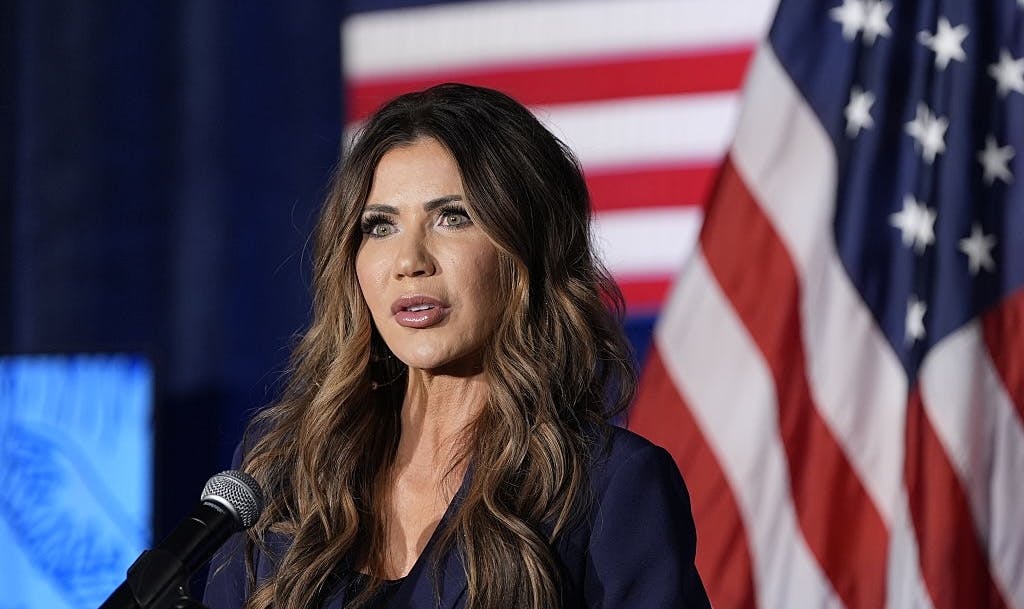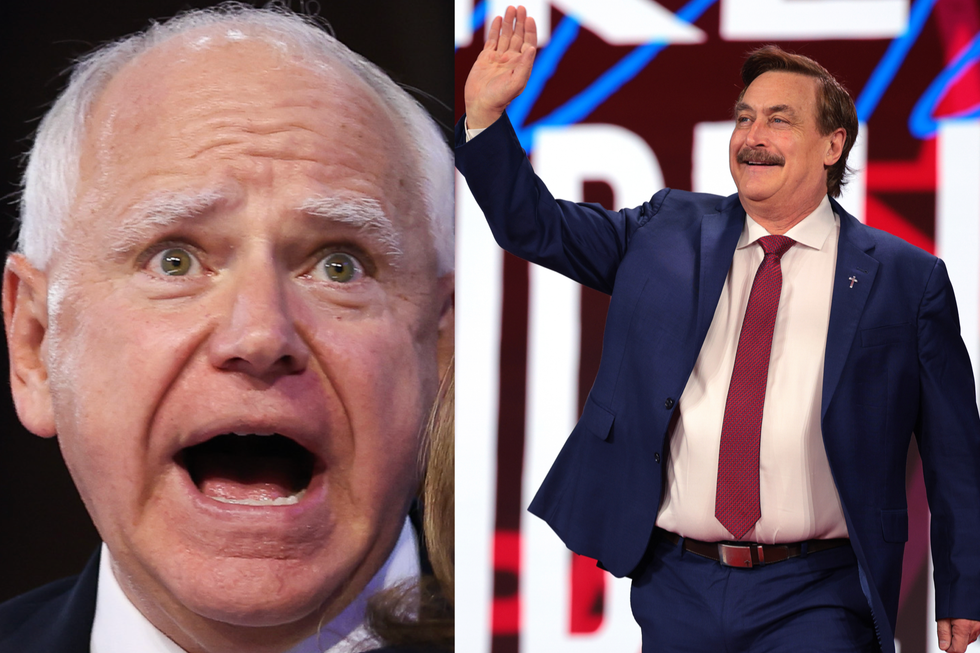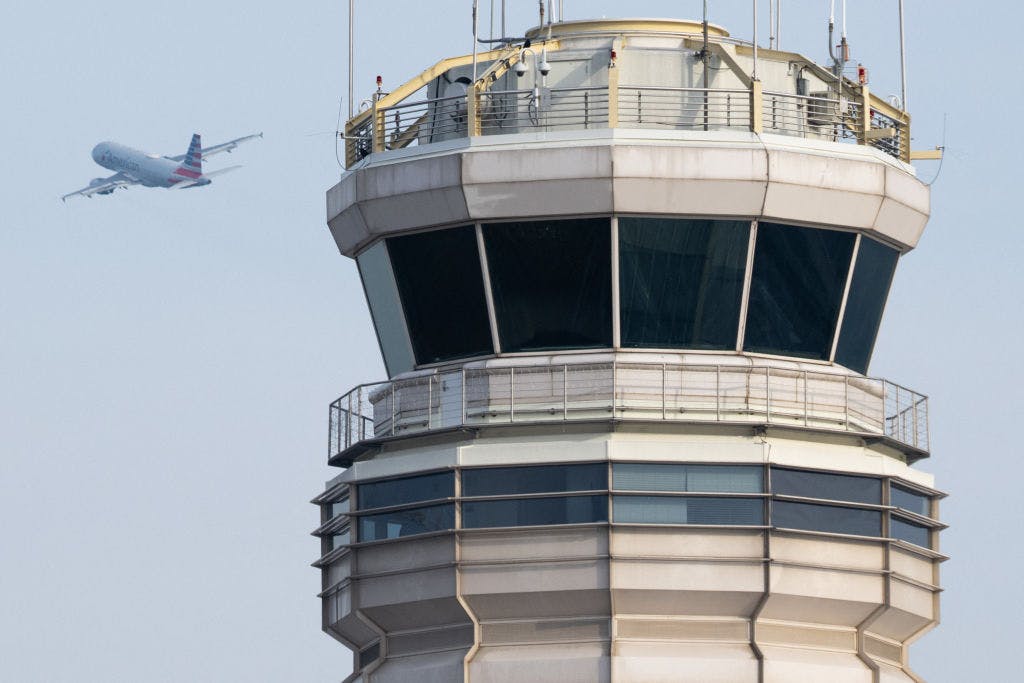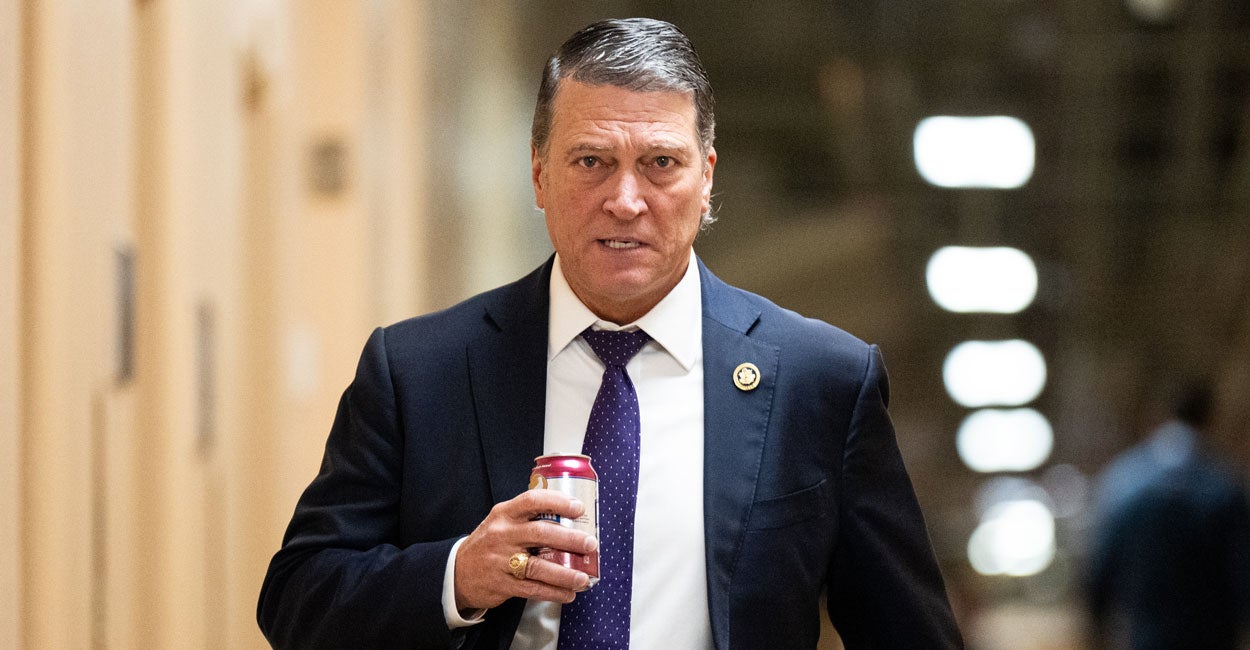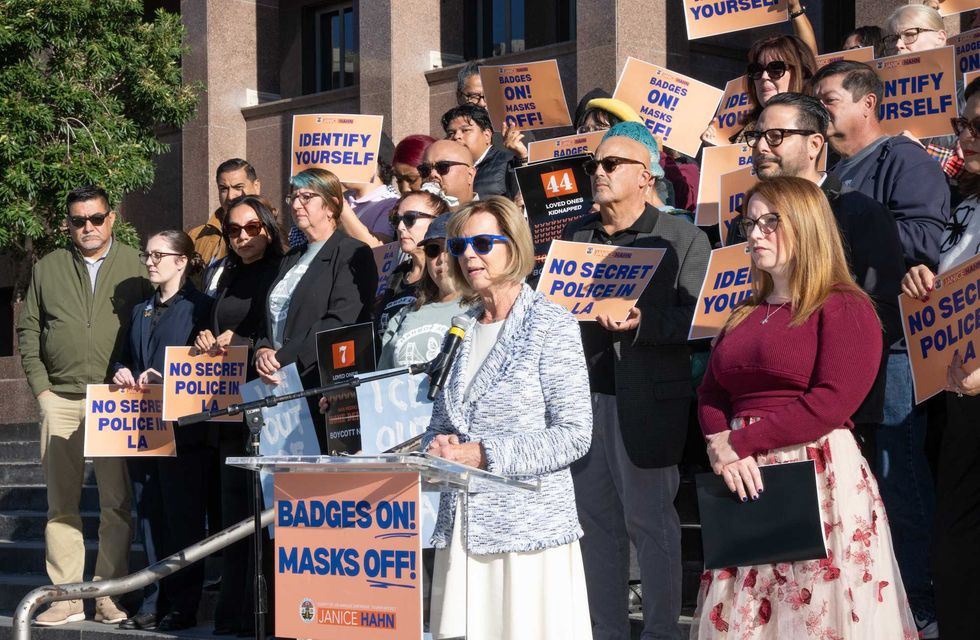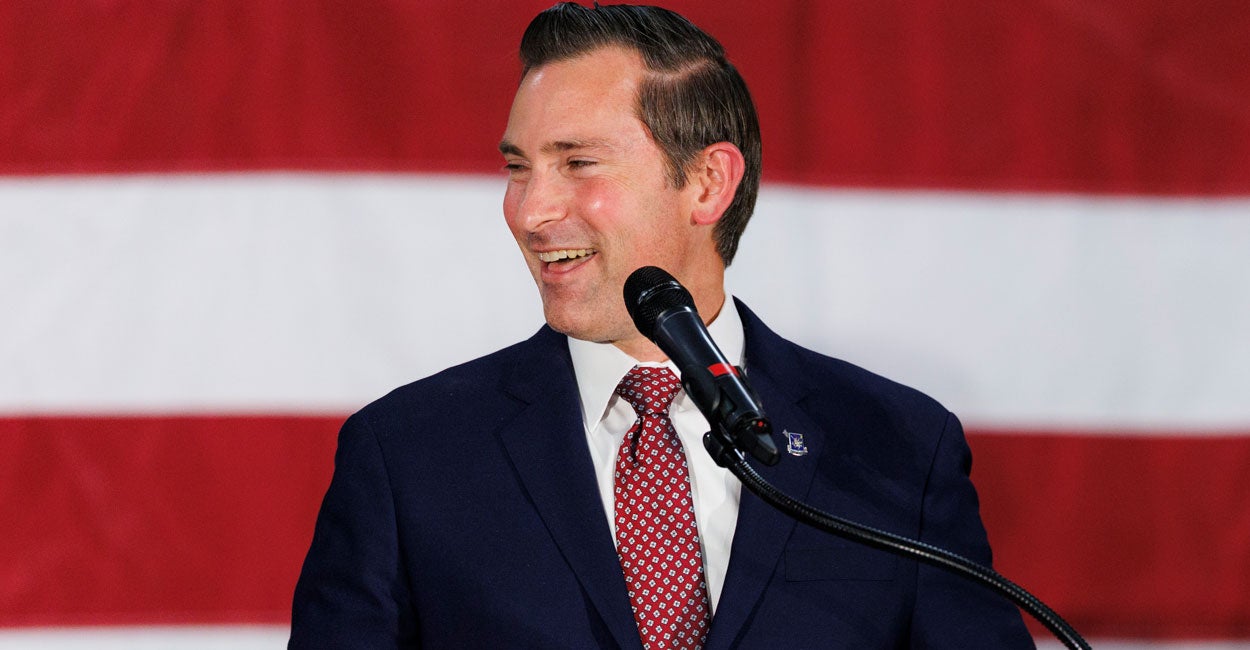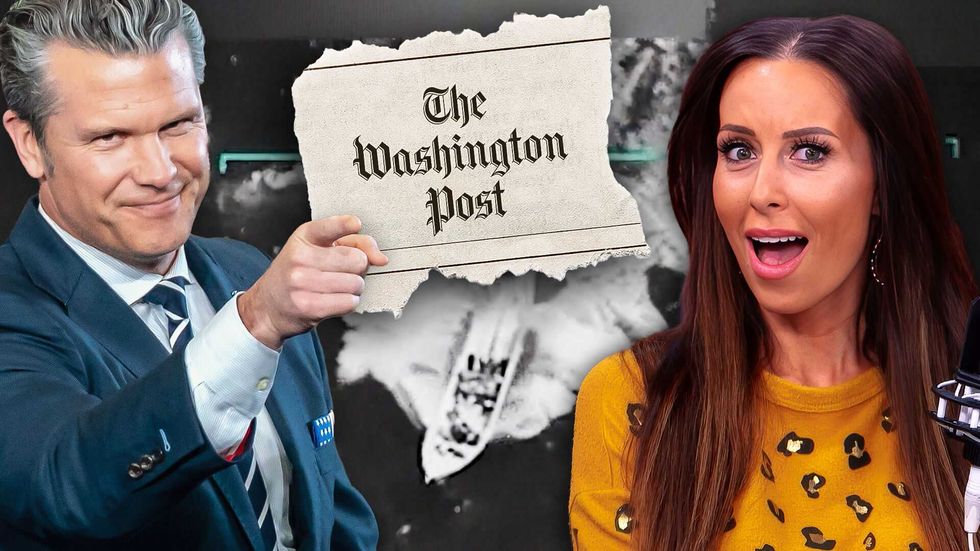Who was president these last four years? We deserve an answer
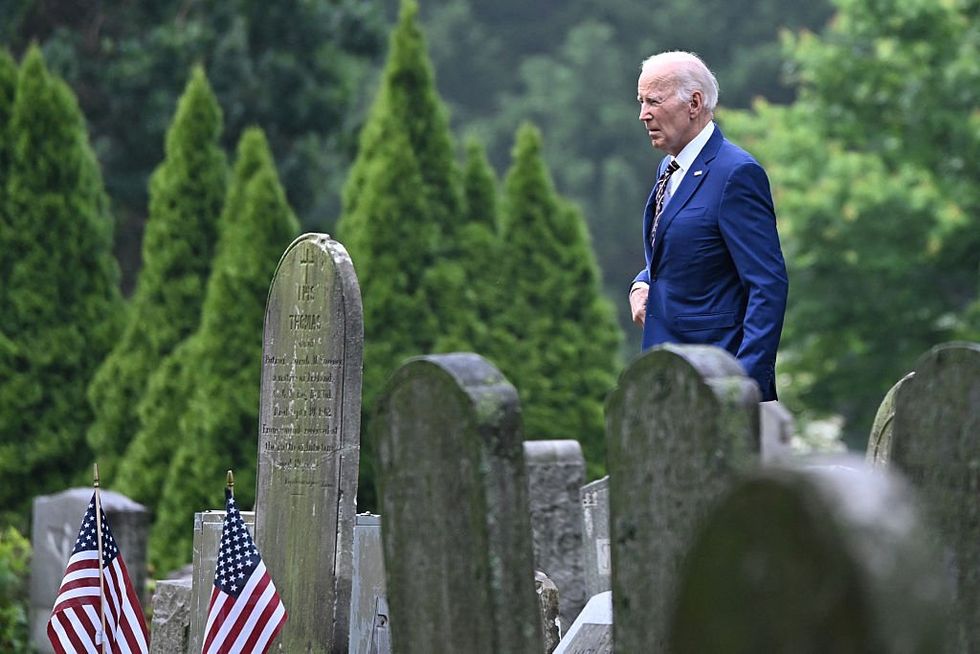
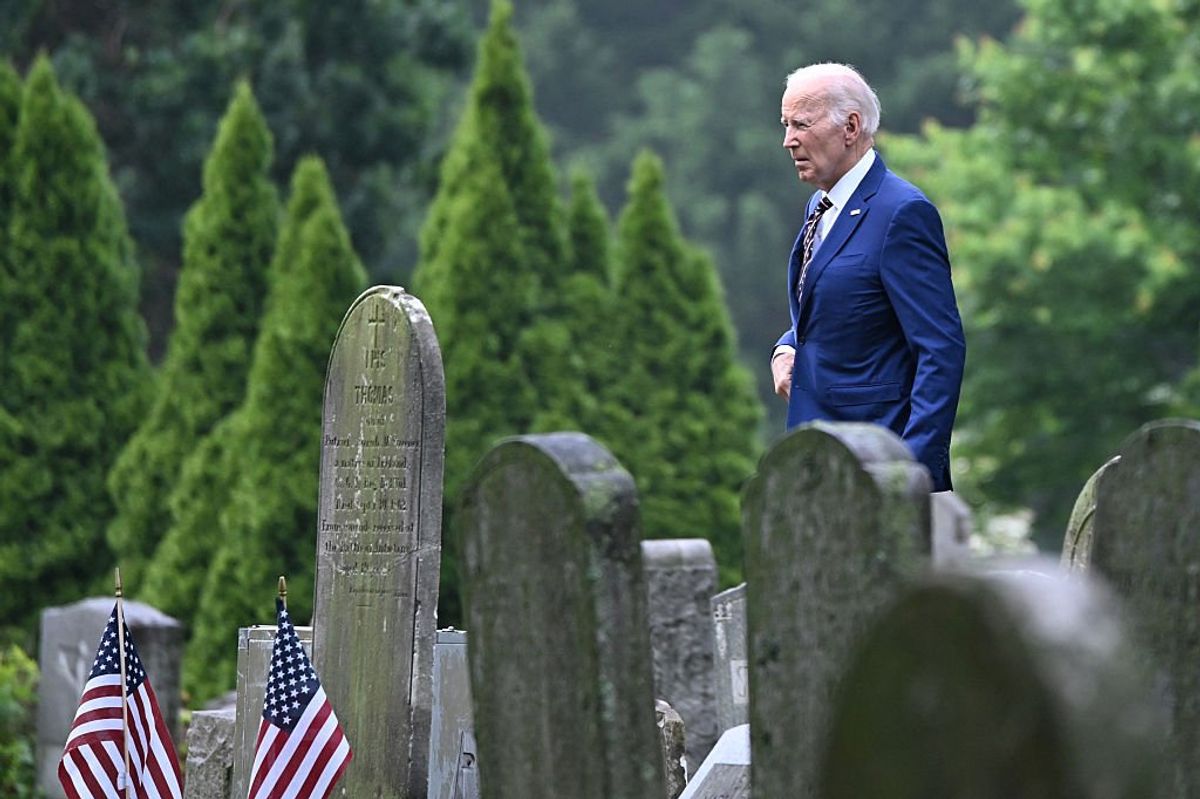
The Biden years increasingly resemble a desperate effort to avoid invoking the 25th Amendment — no matter the cost.
That’s why the Oversight Project’s autopen investigation has captured the attention of the public, Congress, and, most importantly, the Trump administration’s Department of Justice.
President Trump didn’t hesitate: “THE AUTOPEN IS THE BIGGEST POLITICAL SCANDAL IN AMERICAN HISTORY!!!” he declared on Truth Social. He offered one caveat — the 2020 election still ranks first. I agree, even with my own involvement in uncovering the autopen scandal.
Americans knew something was wrong with Joe Biden. Whether they admitted it or not, nearly everyone sensed it. Some underestimated the severity. Others preferred denial, choosing to give him the benefit of the doubt.
But beneath that uneasy consensus lay a deeper question: Who was actually running the country?
Our early disclosures from the still-ongoing autopen investigation began to answer that. When we revealed that President Biden wasn’t personally signing documents that require a sitting president’s signature, the public understood the implications immediately.
'Who was president the last four years?' isn’t just a political talking point. It’s a matter of constitutional legitimacy.
This wasn’t just about procedural shortcuts. It revealed a White House operating without a fully functional commander in chief.
The damage done during the Biden years goes far beyond bad policy. His presidency humiliated the United States on the world stage — not just as a geopolitical power, but as a constitutional republic.
We portray ourselves as the world’s most advanced democracy. We’ve even invaded other countries in the name of exporting that model. But what credibility do we have if we refuse to follow the most basic rule written into our own Constitution — namely, that we are governed by a single functioning individual known as the president?
Democrats warned that Donald Trump was an existential threat to democracy. In reality, the greater threat came from an incapacitated president being steered by unelected, unaccountable staffers behind the scenes.
After President John F. Kennedy was assassinated in 1963, Congress responded with common sense. Lawmakers recognized the need for a clear constitutional process to handle death or incapacity in the executive branch. This wasn’t theoretical — America had already seen four assassinated presidents in less than a century. The system had failed under Garfield, who lingered for months after being shot, and under Wilson, who suffered a debilitating stroke while in office.
The result was the 25th Amendment, ratified in 1967. It created a legal framework for what to do when a president dies, resigns, is removed, or becomes unable to perform the duties of the office. In the case of incapacity, the process requires the vice president and a majority of the Cabinet to send Congress a written declaration stating that the president can no longer discharge the powers and duties of the office.
What the drafters likely didn’t imagine was that the vice president and Cabinet might choose to ignore that duty — out of cowardice, political calculation, or worse.
Why did Vice President Kamala Harris and Biden’s Cabinet spend four years sidestepping the exact constitutional process meant for this scenario? That question demands an answer.
Biden was so isolated that according to credible reports, even the secretary of the treasury couldn’t get access to him. How does a Cabinet secretary accept being blocked from seeing the president without sounding the alarm?
RELATED: The real scandal isn’t Joe Biden’s decline — it’s who hid it from you
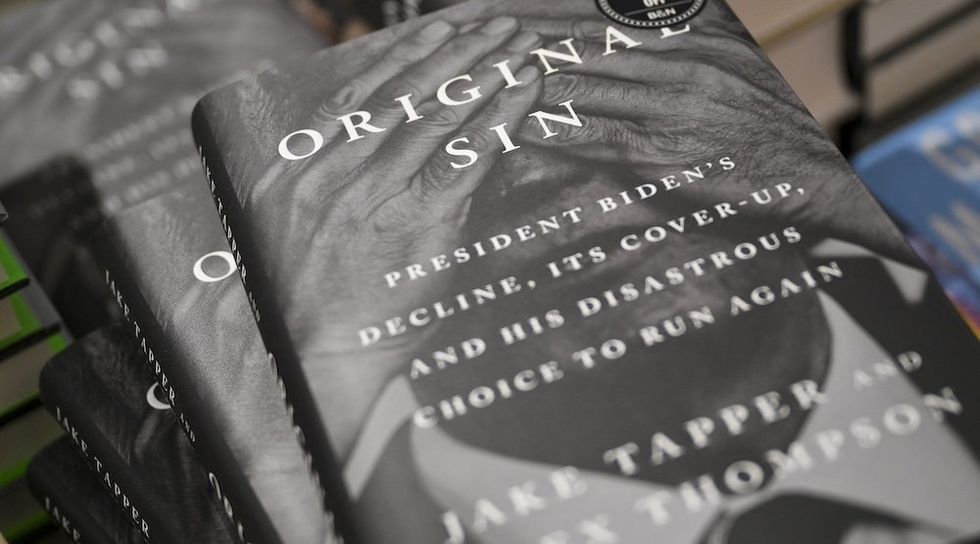 Photo by ANGELA WEISS/AFP via Getty Images
Photo by ANGELA WEISS/AFP via Getty Images
The first step to answering those questions is to ask them.
As investigations by Ed Martin, the House, and the Senate ramp up, they must put Kamala Harris and Biden’s Cabinet under oath. Those people need to explain, clearly and publicly, why they refused to invoke the 25th Amendment.
Congress has not only the authority but the duty to demand those answers. Its oversight power reaches its peak when the subject directly informs legislative action. And no legislation ranks higher than a constitutional amendment. If the 25th Amendment failed to prevent a four-year constitutional charade, then it needs to be amended. The drafters can’t be blamed for failing to imagine a real-life “Weekend at Bernie’s.” Sometimes the Constitution needs a second draft.
“Who was president the last four years?” isn’t just a political talking point. It’s a matter of constitutional legitimacy. That question now echoes across the world. It exposes a critical vulnerability in our system — and it demands accountability.
The only path forward involves full transparency. Absent a last-minute confession from those responsible, only the Trump administration, backed by Congress, can deliver that reckoning.
When the federal government functions for years in open defiance of its founding charter, it doesn’t just cause scandal. It destroys trust. And that erosion of trust rests atop an already collapsing foundation — widespread doubts about election integrity, mass illegal immigration encouraged by the state to engineer political and demographic outcomes, and a legal system increasingly unmoored from equal protection, openly experimenting with race- and sex-based favoritism in the name of “equity.”
All of that adds up to a constitutional crisis. And unless we confront it head-on, the result won’t just be distrust. It will be disaster.
Originally Published at Daily Wire, Daily Signal, or The Blaze
What's Your Reaction?
 Like
0
Like
0
 Dislike
0
Dislike
0
 Love
0
Love
0
 Funny
0
Funny
0
 Angry
0
Angry
0
 Sad
0
Sad
0
 Wow
0
Wow
0



